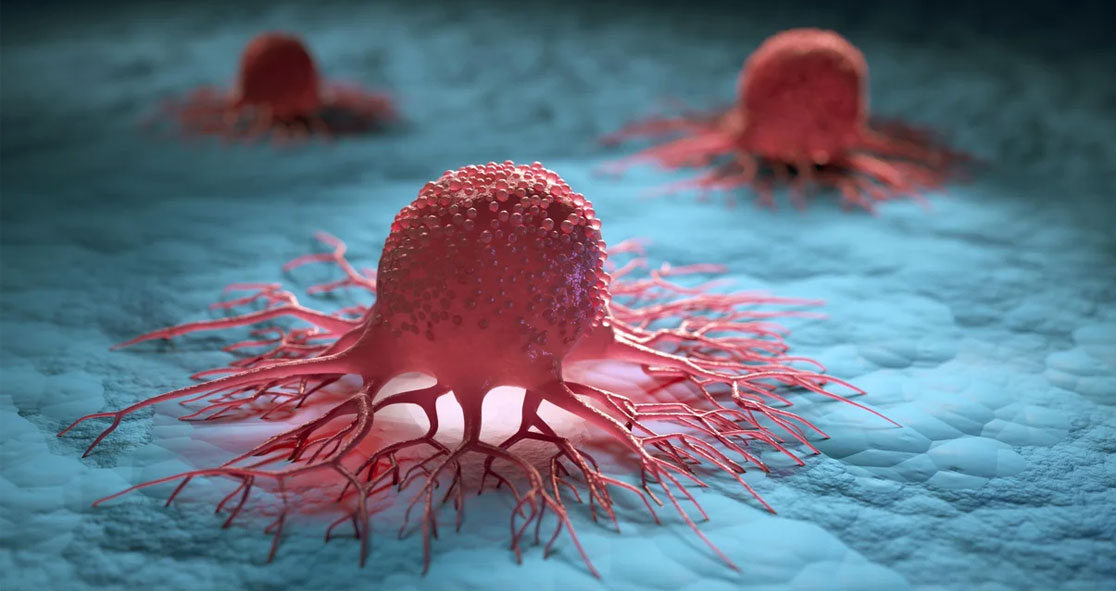The U.S. Food and Drug Administration (FDA) has given clearance to an Investigational New Drug (IND) application to Viracta Therapeutics’ Phase Ib/II trial of all-oral combination treatment in advanced Epstein-Barr Virus-Positive (EBV+) solid tumors, according to BioSpace.
The trial will also investigate the oral combination with pembrolizumab (PD-1 inhibitor) in EBV+ metastatic nasopharyngeal carcinoma (RM-NPC).
The trial will focus on the Viracta’s orally available histone deacetylase (HDAC) inhibitor nanatinostat (VRx-3996) – a drug is essential for inducing viral genes epigenetically silenced in EBV-associated cancers or tumors.
Researchers will specifically investigate nanatinostat combined with valganciclovir, a combo regimen that is currently undergoing study for several subtypes of relapsed/refractory EBV+ lymphoma in two Phase II trials.
The California-based company will start the trial in the second half of this year.
Dr. Lisa Rojkjaer, Chief Medical Officer at Viracta, said the FDA’s IND clearance represents a “crucial milestone” for the company, particularly in regard to its focus on EBV-associated malignancies.
She said in a statement, “EBV is the primary etiologic agent for NPC, one of the most commonly reported head and neck cancers worldwide.”
Dr. Ivor Royston, President and Chief Executive Officer of Viracta, said the expansion of the company’s “solid tumor program is an important component of our clinical and corporate strategy, and one that could significantly expand our addressable patient population and unlock significant value to shareholders.”
Earlier this summer, the company announced the initiation of a global pivotal trial for relapsed/refractory EBV+ lymphoma, which is evaluating the same combination of nanatinostat and valganciclovir.
Viracta hopes the trial will help several new drug application filings across this indication.
Dr. Rojkjaer said about the trial, “We are seeing enthusiasm for NAVAL-1 and our therapeutic approach from physicians, both in the United States and internationally, as this is an area of significant unmet medical need.”
The trial is working on enrolling up to 140 patients across North America, Europe and Asia-Pacific. The article was published in BioSpace.





















